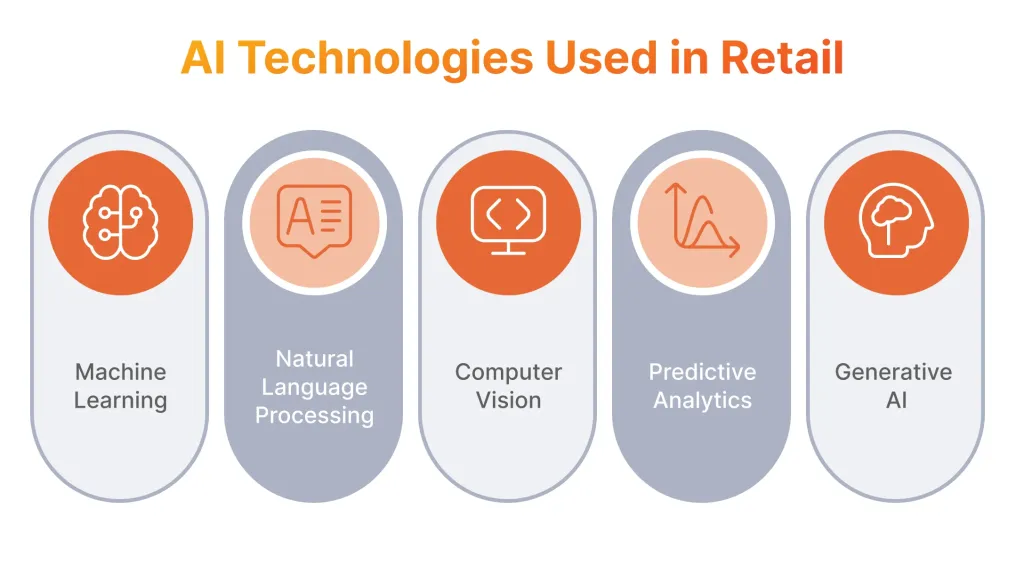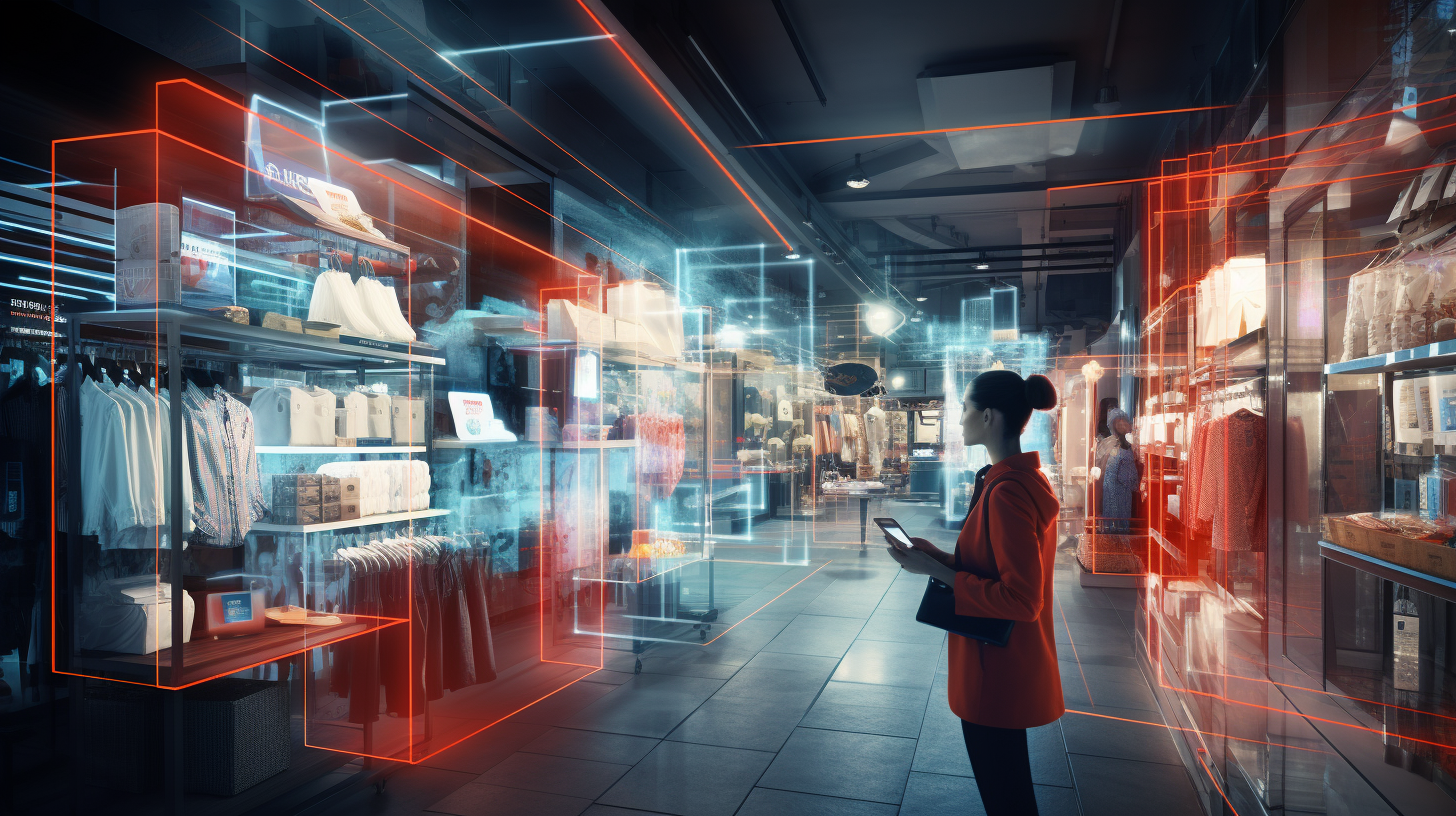Artificial Intelligence (AI) is revolutionizing the retail industry, enhancing customer experiences, streamlining operations, and unlocking powerful data-driven insights. As retail businesses compete in a rapidly changing digital landscape, AI is becoming essential for staying agile and customer-focused.
How Is AI Used in Retail?
AI in retail leverages machine learning, computer vision, natural language processing, and predictive analytics to optimize everything from inventory management to personalized marketing. By integrating AI, retailers can respond more effectively to customer behavior, operational demands, and market trends.
Key Applications of AI in Retail
Personalized Shopping Experiences
AI algorithms analyze customer preferences, purchase history, and browsing behavior to deliver tailored product recommendations and dynamic pricing. Platforms like Amazon and Netflix use these systems to create engaging, hyper-personalized user experiences.
Virtual Try-Ons and AI Styling
Computer vision and augmented reality allow shoppers to try on clothes, accessories, or makeup virtually. AI styling assistants can recommend outfit combinations, making online shopping more interactive and satisfying.
Chatbots and Virtual Assistants
AI-powered chatbots provide 24/7 customer support, handling queries, product searches, and order updates. These assistants improve service efficiency and reduce the load on human staff while enhancing customer satisfaction.
Inventory Management and Demand Forecasting
AI models can predict product demand, optimize stock levels, and prevent overstocking or shortages. These forecasts help retailers reduce waste, lower costs, and ensure popular items are always available.
Automated Checkout and Cashier-less Stores
AI technologies like computer vision and RFID enable seamless checkout experiences. Amazon Go stores, for example, allow customers to walk out with products while AI tracks purchases and bills them automatically.
Visual Search and Image Recognition
Shoppers can use images instead of keywords to search for products. AI analyzes uploaded images to find visually similar items, enabling faster and more intuitive product discovery.
Fraud Detection and Loss Prevention
AI systems monitor transactions and customer behavior to detect unusual patterns or fraudulent activity. Retailers can reduce losses and protect sensitive customer data with real-time fraud alerts.
Customer Sentiment Analysis
By analyzing reviews, social media, and customer feedback, AI can identify sentiment trends, product issues, and satisfaction levels. This helps brands quickly respond to concerns and refine their strategies.
Ethical and Strategic Considerations
While AI offers tremendous value, retailers must be mindful of:
- Data Privacy: Responsible handling of customer data and compliance with privacy regulations is crucial.
- Bias in Algorithms: Ensuring AI systems treat all customers fairly and do not reinforce stereotypes.
- Human-AI Balance: Combining the strengths of human intuition with AI efficiency for better results.
Conclusion
AI is reshaping the retail landscape, offering smarter ways to engage customers, manage inventory, and deliver personalized experiences. By adopting AI thoughtfully and ethically, retailers can boost efficiency, enhance customer satisfaction, and remain competitive in a fast-paced digital world.







Leave feedback about this